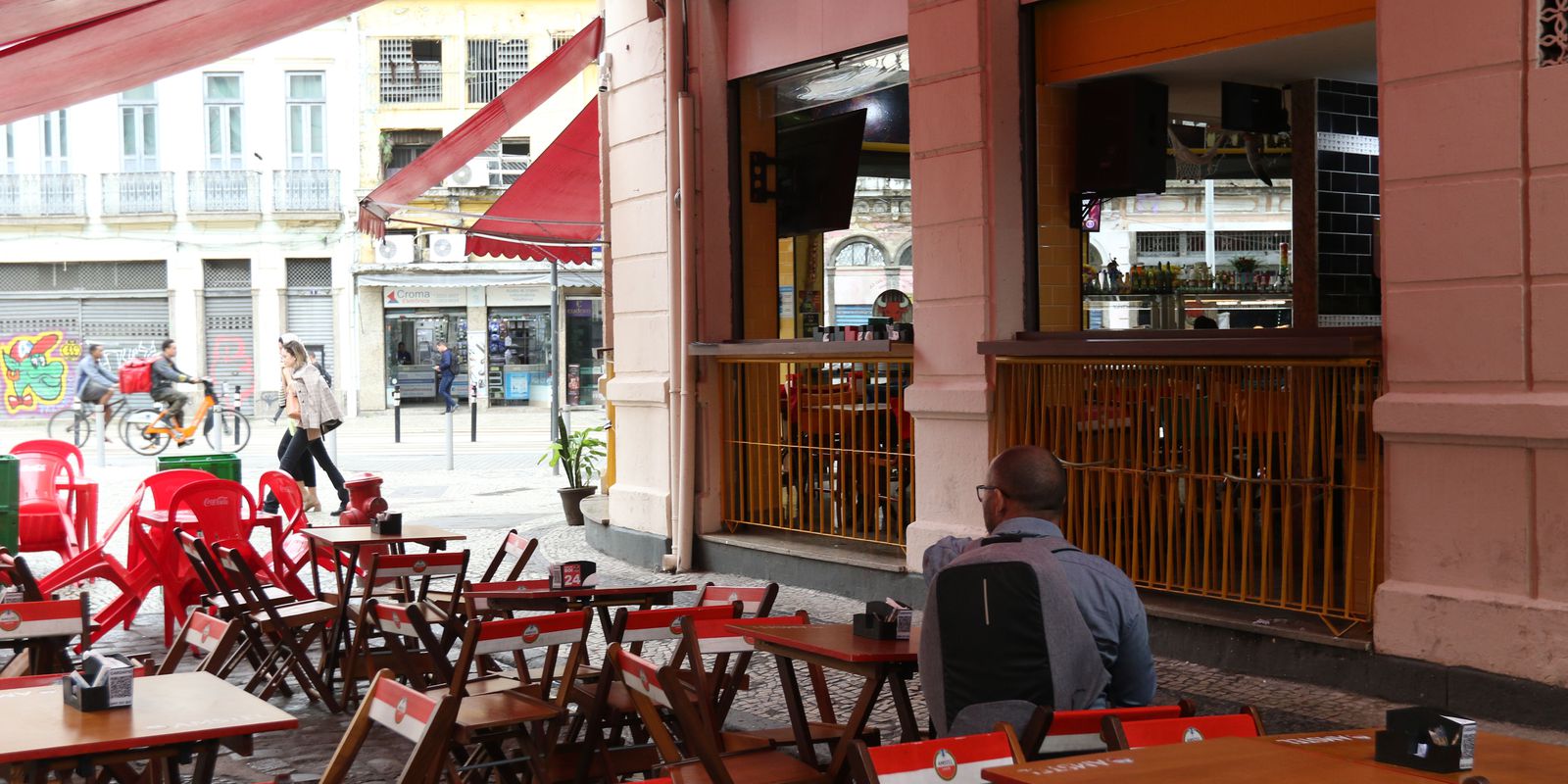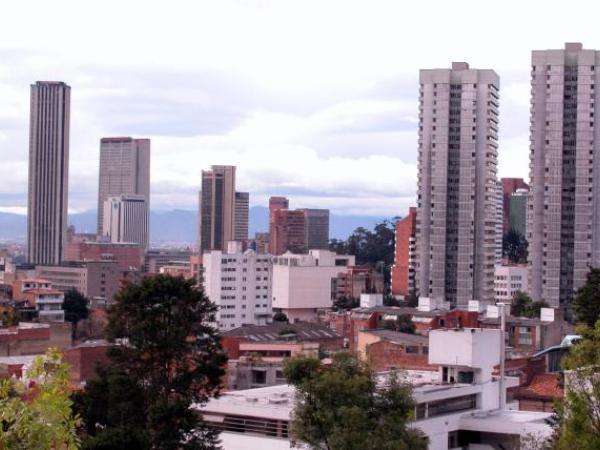In the first year of the covid-19 pandemic, in 2020, the biggest drops in the number of companies and jobs occurred in the sector of services provided to families, which includes food and tourism activities. The information is from the Annual Survey of Services (PAS) 2020, released today (24) by the Brazilian Institute of Geography and Statistics (IBGE). The survey does not include financial services.
According to the data, from 2019 to 2020, the largest proportional drop in the number of companies occurred in the sector of services provided to families, with a reduction of 14.3%. In terms of employed persons, there was a drop of 16.4% in the sector. Among the activities, the one that lost the most personnel, in absolute numbers, was food, with a reduction of 329,200 people. In percentage terms, the biggest drop occurred in travel agencies, tour operators and other tourism services, which reduced the number of staff by 28.4%.
The research manager, Marcelo Miranda, explains that PAS brings comparative data from the last 10 years, but in this release, the focus was given to the comparison with 2019, to analyze the impacts of the pandemic. However, he points out that the research does not seek to point out the causes of variations.
“The research does not try to verify causal relationships between the conjunctural elements and the evolution of the presented indicators. In common sense, we can see a lot of data that corroborate the common thinking of what the pandemic may have caused there in the year 2020, but we don’t do this causal analysis “.
In general data, the number of companies in the Services sector fell by 1.1% compared to 2019. The number of employed persons decreased by 2.4% and the total paid in compensation decreased by 4%. There was an increase in the number of people employed in the activity of selection, agency and hiring of manpower, with the highest growth both in absolute terms (143.1 thousand people) and percentages (22.2%).
In comparison with 2019, while the Brazilian (GDP) fell by 3.9% in 2020, the GDP of the services sector fell by 4.3%, generating R$ 1.8 trillion of net operating revenue. The largest year-over-year increases in revenue share were professional, administrative and complementary services (1.7 percentage points) and other service activities (1.3 percentage points). The biggest declines were in services provided mainly to families (2.6 percentage points) and transport, auxiliary transport services and mail (1 percentage point).
Panorama
In 2020, the non-financial services sector had 1.4 million companies, which generated BRL 1.8 trillion in net operating revenue and BRL 1.1 trillion in added value. The sector employed 12.5 million people, who received R$ 373.5 billion in salaries, withdrawals and other remuneration.
The average monthly remuneration was 2.2 minimum wages, below the 2.5 registered in 2011. The highest remuneration in average wages continued in information and communication services, with 4.5 minimum wages, despite the reduction of 1 minimum wage, in 10 years. The drop was influenced by the telecommunications activity, which reduced salaries by 2.1 times the minimum wage in the analyzed period. Services provided mainly to families had the lowest average salary, with 1.4 minimum wage in 2020.
The largest number of companies is in professional, administrative and complementary services (504.5 thousand companies and 5.5 million employed persons) and in services provided mainly to families (357.8 thousand companies and 467.9 thousand occupations) which, together, they add up to 63% of the total.
From 2011 to 2020, the average occupation fell from ten to nine people per company, with the largest being in the transport, auxiliary transport services and mail segment, which had the highest average of 15 workers. In air transport, there was an average reduction of 41 people per company.
Regional participation
In the analyzed period, three of the five major regions of the country lost revenue share. The Southeast concentrated the largest share of gross revenue, but lost 0.7 percentage point, from 66.1% in 2011 to 65.4% of the national total in 2020. The Northeast fell from 10.2% to 9.5% and the North went from 2.8% to 2.6%. The South increased its share from 14.1% to 15% and the Midwest went from 6.8% to 7.4%.
Losses in wages occurred in all regions, with 0.3 minimum wage in the Southeast, North and Midwest and 0.2 minimum wage in the South and Northeast.










